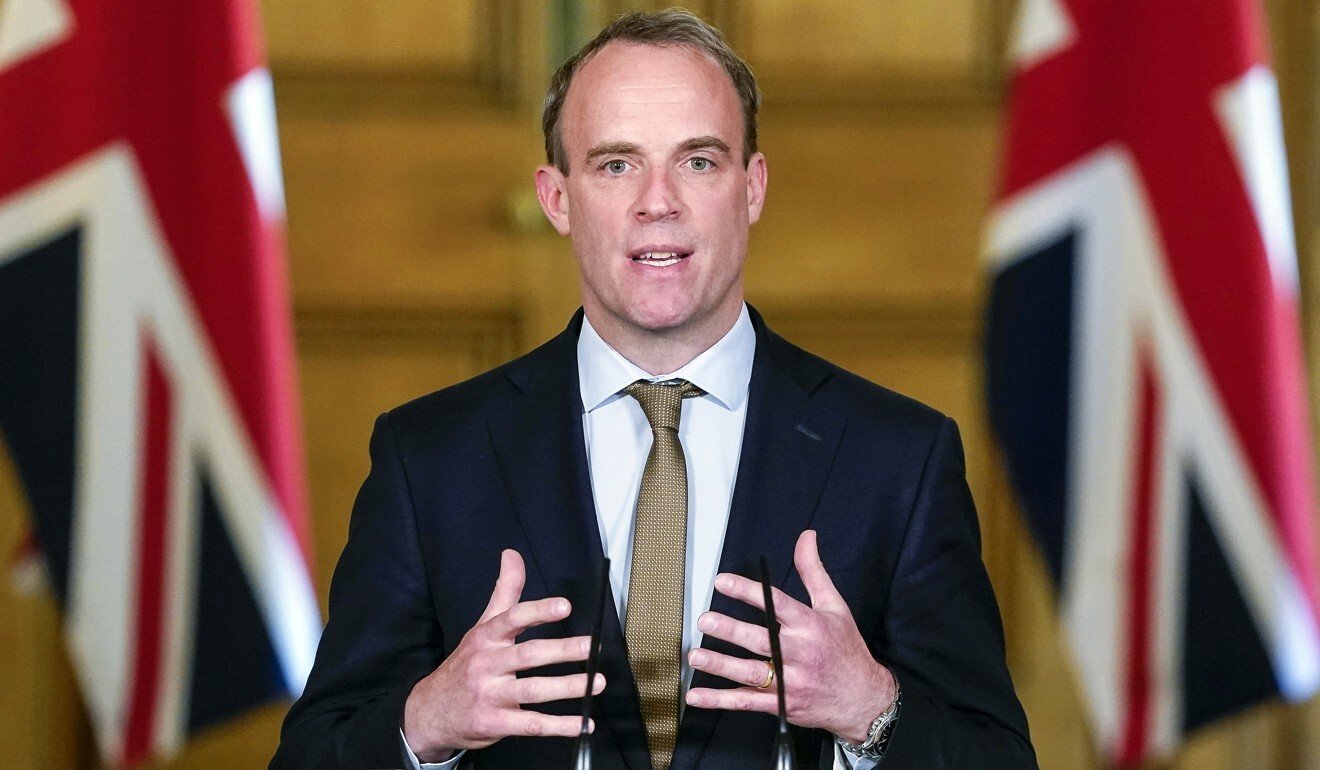BORIS JOHNSON VOWS HISTORIC OVERHAUL OF VISA SYSTEM TO ACCOMMODATE HONGKONGERS
2020-06-08
Under the new British government plan – which will be put in place when Beijing formally enacts the law – every one of the 3 million Hongkongers who qualify for a British National (Overseas) passport and their dependents could relocate to the United Kingdom to stay and work or study for extendable periods of 12 months, creating a path to citizenship.

Source: South China Morning Post, By Stuart Lau, 2 Jun 2020
In his first direct message to the former British colony amid the recent political furore, Johnson acknowledged that "many people in Hong Kong fear their way of life … is under threat" since the National People's Congress proposed the law last month.
"Britain would … have no choice but to uphold our profound ties of history and friendship with the people of Hong Kong."
According to Johnson, Beijing's moves on Hong Kong are in contradiction to what makes the city successful, and fall short of the standard expected of China's increasingly important role in the international community.
"Hong Kong succeeds because its people are free. They can pursue their dreams and scale as many heights as their talents allow," he said. The new law, however, would "curtail its freedoms and dramatically erode its autonomy".

"We are already discussing with our partners in the … Five Eyes' call yesterday the possibility of, if I can say, burden sharing, if we see mass exodus from Hong Kong," Raab said, adding that such a scenario was unlikely.
He said he still hoped Beijing would change its mind, but added that Britain would not "turn away" from its historical and moral duties.
"Even at this stage I sincerely hope China will reconsider its approach," Raab said. "There is still an opportunity for China to step back – we think it's unlikely that would happen. But we will be absolutely steadfast in sticking to the words we have given to stand by the people of Hong Kong and not just look the other way."
Members of Parliament from the ruling Conservative Party, as well as the Labour and Scottish National parties, have all supported the government's plan to extend BN(O) rights.
Raab said the British action was in response to the Chinese government's breach of the 1984 Sino-British Joint Declaration setting out the rights and freedoms for Hong Kong.
Meanwhile, the chairs of foreign affairs committees at the British, Canadian, Australian and New Zealand parliament wrote jointly to Antonio Guterres, secretary general of the United Nations, calling for the establishment of a UN special envoy for Hong Kong.
"It is imperative that the international community move rapidly to ensure there is a mechanism for observing and transparent reporting on the impact of the new law on what are currently legal freedoms in Hong Kong," British MP Tom Tugendhat wrote in the letter, which was also sent to Johnson.
On Monday, Chinese ambassador to Britain Liu Xiaoming stressed the need for the national security laws in Hong Kong, and dismissed claims that China was suppressing Hong Kong protesters with the law.
"What is going on in Hong Kong is violence," Liu told Sky News. "It is a risk to the national security. … Any responsible government has to take measures."





